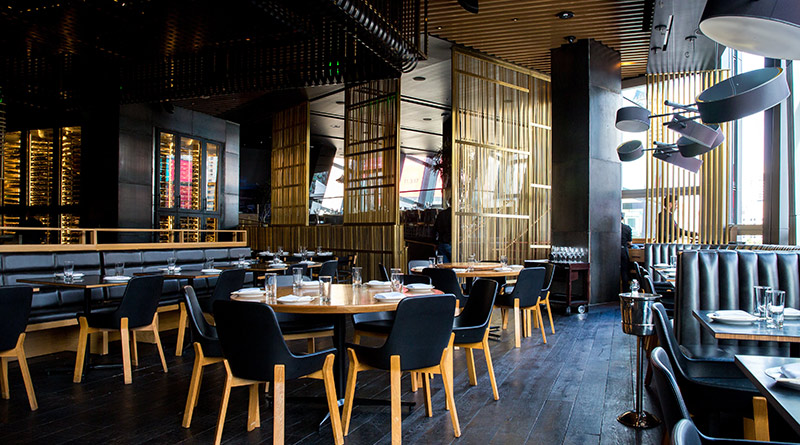Consumers Prioritising Direct Restaurant Bookings Over Third-Party Marketplaces

As restaurants work harder than ever to maintain guest relationships amid the cost-of-living crisis, new research from guest experience and retention platform SevenRooms reveals that consumers are becoming less reliant on third-party marketplaces like OpenTable and Resy to book their next outing. Three times as many consumers (31%) are making direct website bookings rather than using third-party operators (11%), with 1 in 3 (32%) opting to call the restaurant directly to make a reservation.
The study polled 2,003 UK consumers aged 16+ and found diners are becoming increasingly sceptical of third-party platforms. When it comes to sharing data with a third-party, 15% of consumers state a preference for booking directly to avoid this. Guests are also conscious of the expense of such platforms for restaurants, which have seen energy costs skyrocket and revenues struggle to keep up – 40% are aware that third-party platforms like OpenTable cost restaurants money. Younger consumers are especially mindful of this, with almost 3 in 5 (59%) of Gen Z diners and over 1 in 2 (56%) of 25-34s wary of the fees that restaurants are being charged.
When it comes to restaurant discovery before bookings are placed, personal recommendations and social media are significantly more influential than third-party marketplaces: 38% of diners most frequently discover new restaurants through friends and family, 21% through Google and 17% through restaurant profiles on social media. This compares with just 7% of guests who discover new venues through OpenTable, and the 4% that do so via Resy. And when choosing a restaurant, a presence on third-party marketplaces ranks very low on consumers’ list of priorities – just 1 in 10 (10%) consider it important when selecting a new restaurant.
The data shows consumers are clear on the benefits of going direct – both for themselves and for restaurants. 1 in 5 (19%) diners receive a better experience at the restaurant when they book directly, and 16% believe that they get more tailored promotions or discounts, along with their reservation being prioritised due to booking directly. With regards to the advantages for venues, over half (55%) of guests say that making reservations directly, rather than with a third-party reservation platform, is better for the restaurant. 18% will book direct if it makes it easier for staff to manage reservation preferences. During this difficult time for the industry, 16% of consumers want to book direct to demonstrate their support for restaurants.
Danilo Mangano, Managing Director, International at SevenRooms, comments:
“With operators and consumers alike continuing to navigate a challenging economic climate, the hospitality industry must do all it can to build and maintain strong relationships with guests. Diners want to do all they can to both support the restaurants they love and ensure that they have the best experience for the hard-earned money they are spending. Restaurants, too, must ensure they are adapting to meet the new expectations of their diners in an era where every penny is being watched more carefully.”
“While restaurants are working tirelessly, third-party booking platforms are taking in money and information from every angle. It is reassuring to see that consumers are prioritising direct relationships with restaurants and relying less on third-parties to book their next outing. Consumers understand the downsides of third-parties for restaurants – fees charged, retention of data – and the benefits to them of going direct – a tailored experience, their reservation being a priority, and a personal relationship with the restaurant. The only way in which consumers and restaurants can both get the best end of the deal is through a direct, transparent, and personal relationship: operators must continue to prioritise this, going forward.”
